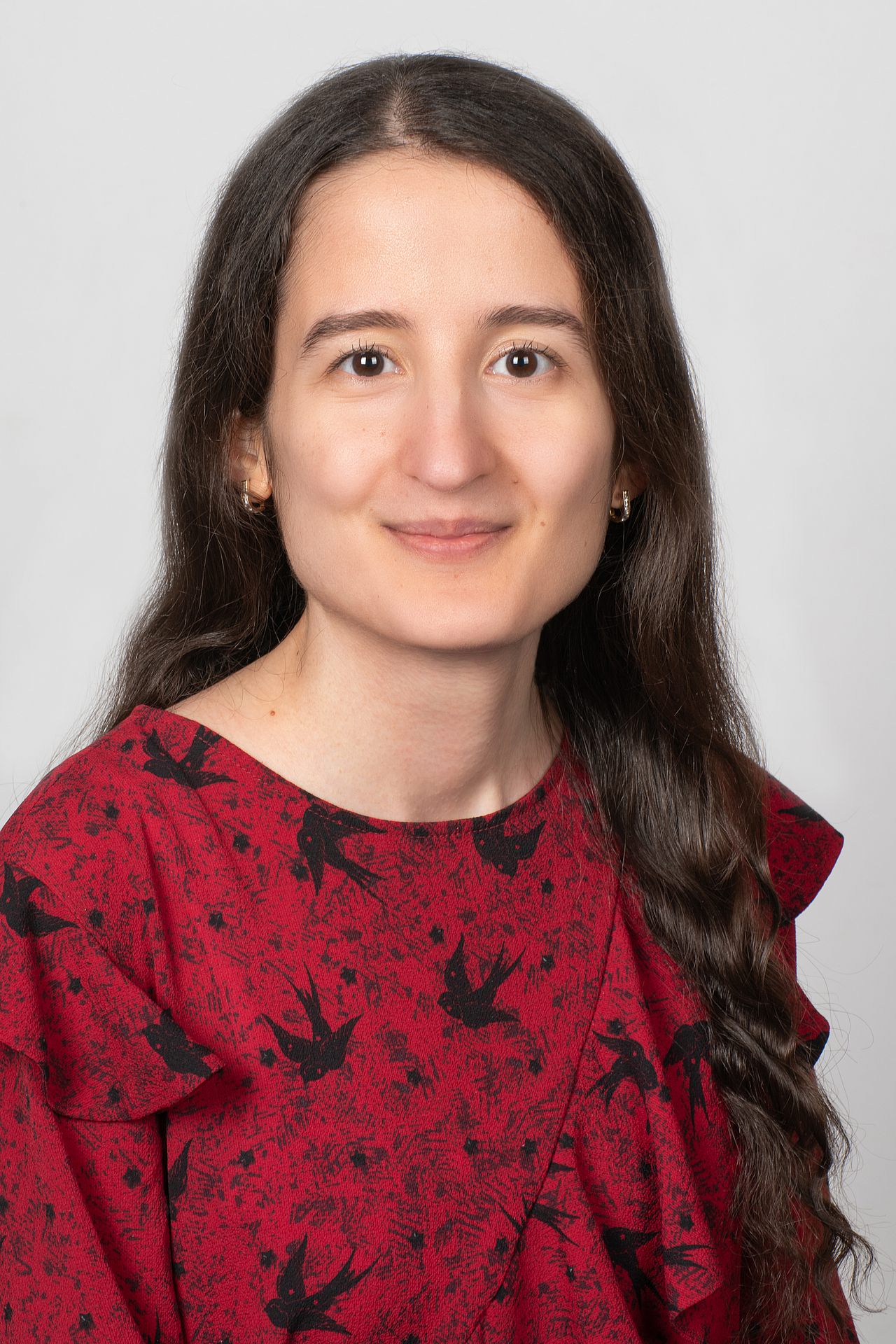Degree
Master of Science (M.Sc.), full time
Study start
Winter semester: starting October, 1st
Language
English
Credit Points
120 ETCS
Duration
4 Semester

... on the big medical issues.
In today’s post-genomic world, researchers and scientists in the field of molecular medicine are transforming the way we understand, treat, and cure diseases. Germany is a prominent leader in this fast-moving field and is spearheading many of the latest innovations and cutting-edge approaches. The Master in Molecular Medicine at Ulm University is the ideal postgraduate programme for students who have obtained a bachelor degree in a life science subject, such as biochemistry, biomedical science, human biology, molecular biology, molecular biotechnology, molecular life science, or molecular medicine. All of the programme's lectures, seminars, and practical courses are taught in English and all examinations are conducted in English.
The English-taught Master’s programme in Molecular Medicine at Ulm University is the ideal course of study for students with a Bachelor’s degree in the field of life sciences. It provides:
One of the highlights in Ulm is the opportunity to specialize in research focuses such as „Molecular Oncology“ or „Toxicology“.
Another highlight is the opportunity to participate in an European Double Degree Programme with our partner universities in Padua (Italy) or Oulu (Finland). In this partner programme, students can spend one or two semesters at one of the partner universities and complete their studies with an international Double Degree Master’s degree. Similar curriculum structures simplify the organization of the partner universities and allow for the recognition of course achievements. Each year, up to five students can participate in each of our two partner programmes.
Degree
Master of Science (M.Sc.), full time
Study start
Winter semester: starting October, 1st
Language
English
Credit Points
120 ETCS
Duration
4 Semester



A Master’s degree in Molecular Medicine equipes students with essential scientific competencies for conducting, analyzing data, and critically evaluating medical research projects.
Students in this programme benefit from our professors‘ professional relationships with nearby clinics, researchers, laboratories, healthcare providers, and industry. This close network opens up a wide range of career perspectives for students following a Master’s programme in Molecular Medicine in Ulm, e.g. in
The duration of the Master’s degree programme is four semesters:
Semester 1
In the first semester, students deepen their knowledge of topics such as Cell and Developmental Biology, Bioinformatics and Systems Biology, Pharmacology and Drug Development and complete a three-week practical training in laboratory methods.
Semester 2 and 3
In the second and third semesters, students focus on practical work in different research areas. Here, four different main subjects will be offered, consisting of various seminars and a four-week practical training. These main subjects are divided into four blocks, two blocks per semester with the main topics „Molecular Oncology“, „Trauma and Infection“, „Cell Biology“ and „Toxicology“.
Four other smaller subjects go beyond purely scientific content and prepare students for the day-to-day work of a scientist. These include topics such as Clinical Trials, Bioethics, Good Laboratory and Scientific Practice as well as Project Management and Funding.
Semester 4
The fourth semester is reserved for writing the practical Master's thesis. The Master's in Molecular Medicine concludes with an oral examination (disputation) at the end of the final semester.
Do you have questions about the Master’s degree programme in Molecular Medicine? Contact us, we will be happy to adivse you.
If you hold a Bachelor’s degree in Molecular Medicine or a Bachelor’s degree in the field of „Life Sciences“, you can apply. A selection committee will evaluate whether you qualify for the Master’s programme based on your academic achievements and grades, as well as your descriptions of previous study content and any other submitted documents. This means that not only graduates from programmes such as Biochemistry, Biomedical Science, Human Biology, Molecular Biology, Molecular Biotechnology, and Molecular Life Science may meet the requirements, but also those who have completed programmes with essentially the same course content.
Yes, you can apply. In this case, submit a Transcript of Records issued by your university, including the total credit points earned up to the application deadline and your provisional average grade.
The legally binding information is provided in the admission statutes for the Master's programme in Molecular Medicine.
No, in this case you do not need to take an English test, but we do require proof that your undergrade study (Bachelor's degree programme) was taught and completed exclusively in English.
Yes, please do apply! However, your previous study programme should be out of the following fields of studies: biomedical science, molecular biotechnology, molecular biology, molecular life science, human biology, biochemistry. The selection committee will check what degree programme you studied and decide whether you are eligible for the master programme.
Please note:
The application and selection process takes place in two steps. First, the formal and content-related requirements will be checked based on the documents submitted with the online application. Applicants who meet these criteria will be invited to a selection interview via email. Therefore, please check your emails regularly starting June 1st. The selections interviews will take place online via Zoom at the end of June/end of July.
The selection interview consists of a set of questions on the basic knowledge of Molecular Medicine as well as questions about your motivation and the content of your Bachelor's thesis. The basic knowledge may include questions from virology, human genetics, anatomy, physiology, and biochemistry.
Applicants will be informed during the summer months (June – August). The exact timing varies each year.
Unfortunately, the Master's programme in Molecular Medicine does not offer any scholarships itself. However, there are numerous funding opportunities for domestic and international students through the German Academic Exchange Service (DAAD) and similar organizations.
Yes, you can pursue a PhD after your Master's studies. Ulm University has the International Graduate School in Molecular Medicine, which runs a doctoral programme in Molecular Medicine. Further information can be found on the website of the International Graduate School in Molecular Medicine Ulm (IGradU).
Our International Office can help in case you have specific questions regarding services for international students, general visa issues, or life in Ulm and in Germany. www.uni-ulm.de/io

The Central Student Advisory Services Office advises you both before you start your studies and during your studies.
You will find all information about application and allocation of study places on the website of the Admissions Office.